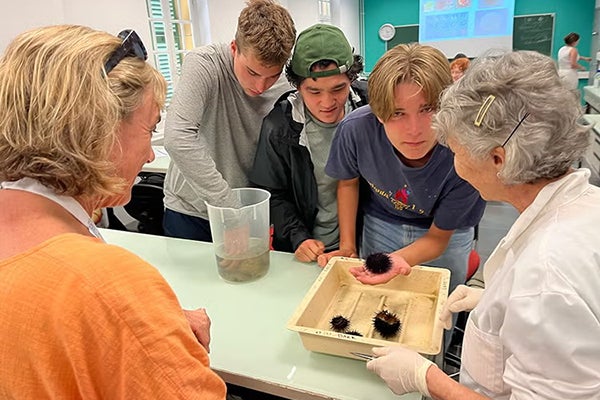Info for Undergraduate Students
Currently a UT student? Resources for CNS students and internal transfers are here.
Quick Links
Find support services, advising info, forms, policies, scholarship deadlines, events, news and guides for current students.
Upcoming Events
Find out what’s coming up for our community and on campus.
Advising Centers & Guidance
Find your advisor and links to advising centers and policies in the college.
Communities & Experience
All about connecting, working, socializing, researching and deepening your experiences in the college, including in research, UTeach and CNS Cornerstones.
Supports & Services
It’s not all academics. Learn about mental, physical and emotional wellness supports, and how to get help planning for your future.
Events & Recognition
All about events in the college, news channels and opportunities for recognition and awards.
First-Year Guide
Your first year at UT is full of new experiences, opportunities, sometimes challenges and hopefully lots of great memories. This is a big year to connect — to your peers, to your major, to UT.
Second-Year Guide
Your second year is your opportunity to get involved in wholly new things at UT and explore your professional development.
Third-Year Guide
Your third year is a time to dig even more deeply into your experience on campus and be sure to take advantage of available campus resources.
Fourth-Year Guide
This year is your chance to look both backward and forward and evaluate your experience overall before your complete your UT Austin education.
Undergraduates News

UT News
Ready to Change the World: Dat Duong
Dat Duong, a 2025 graduate from the College of Natural Sciences, made key contributions while studying in the UT School of Human Ecology.


